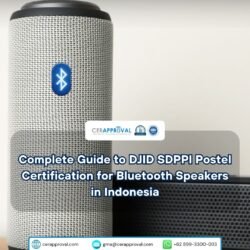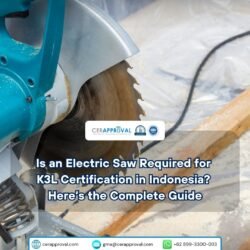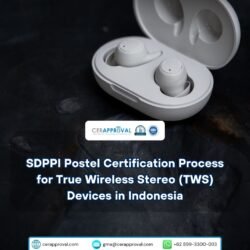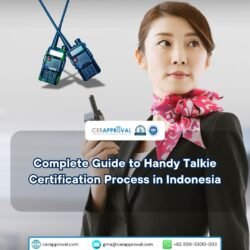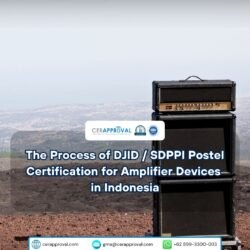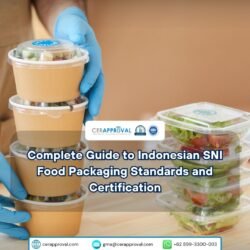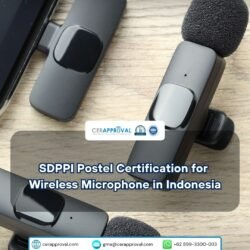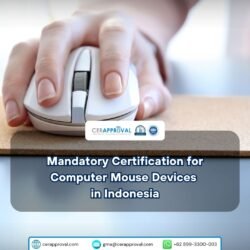Complete Guide to SDPPI/DJID Certification for Bluetooth Speakers
If you want to sell or distribute Bluetooth speakers in Indonesia, the devices must have SDPPI (Directorate General of Resources and Equipment for Post and Information Technology) certification, now changed to DJID (Directorate General of Digital Infrastructure) from Komdigi.

